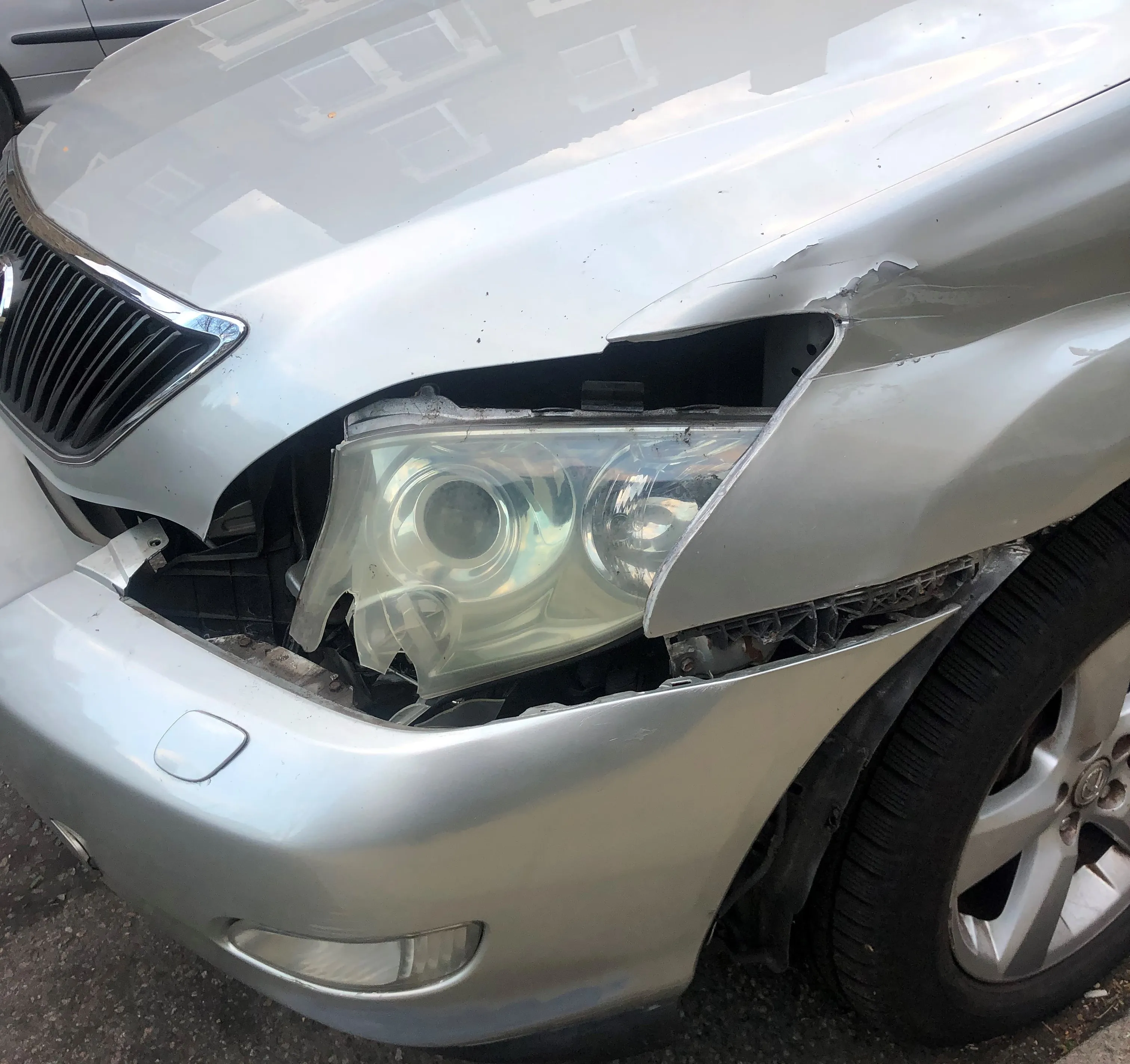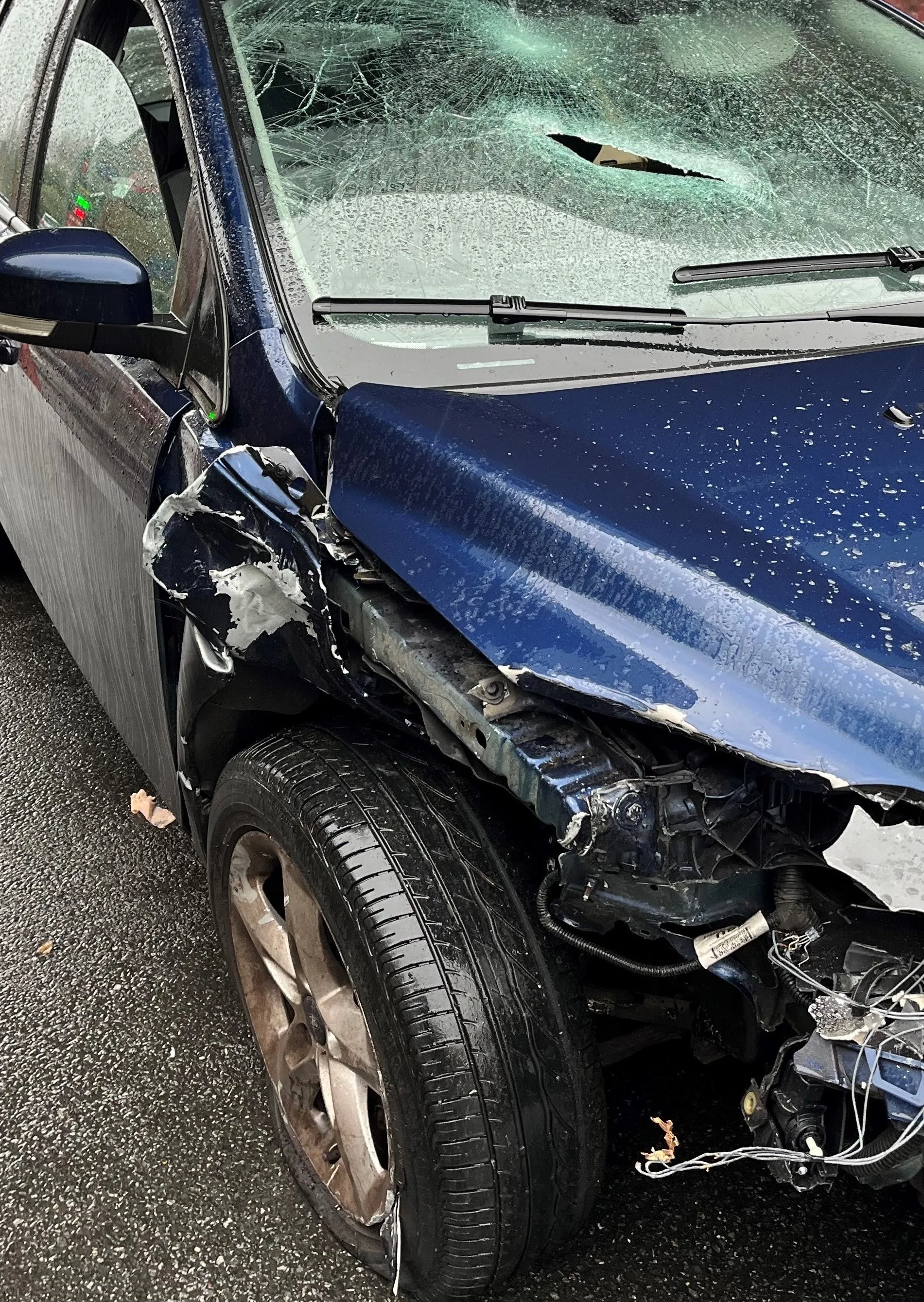Europe’s road safety is seeing steady improvement.
By MJ Woof
September 1, 2020
Read time: 1 min

Road safety in Europe has seen steady improvement over the last 14 years, according to the latest official data. While vehicle numbers have continued to increase during this period, fatalities from road crashes have fallen.
Since 2006, vehicle numbers have increased by around 45 million, a jump of 16.8%, to around 312 million. However, in spite of this, road fatalities have fallen 42.4% to around 25,000.
This shows the continued gains in road safety through a series of measures. Eastern European nations have typically scored poorly for road safety but a range of measures have helped lower the casualty rate. Injuries and crashes have also been reduced.







